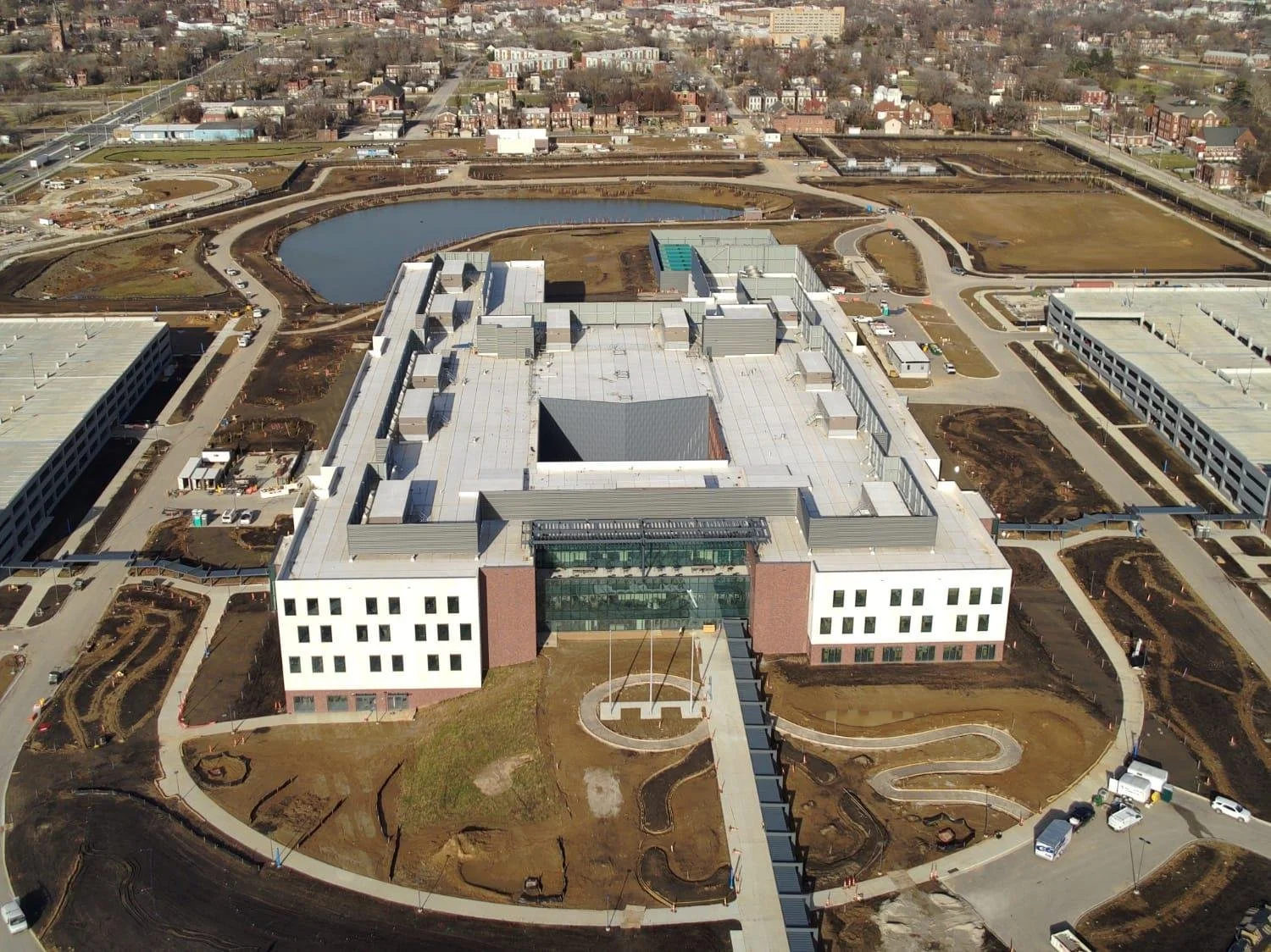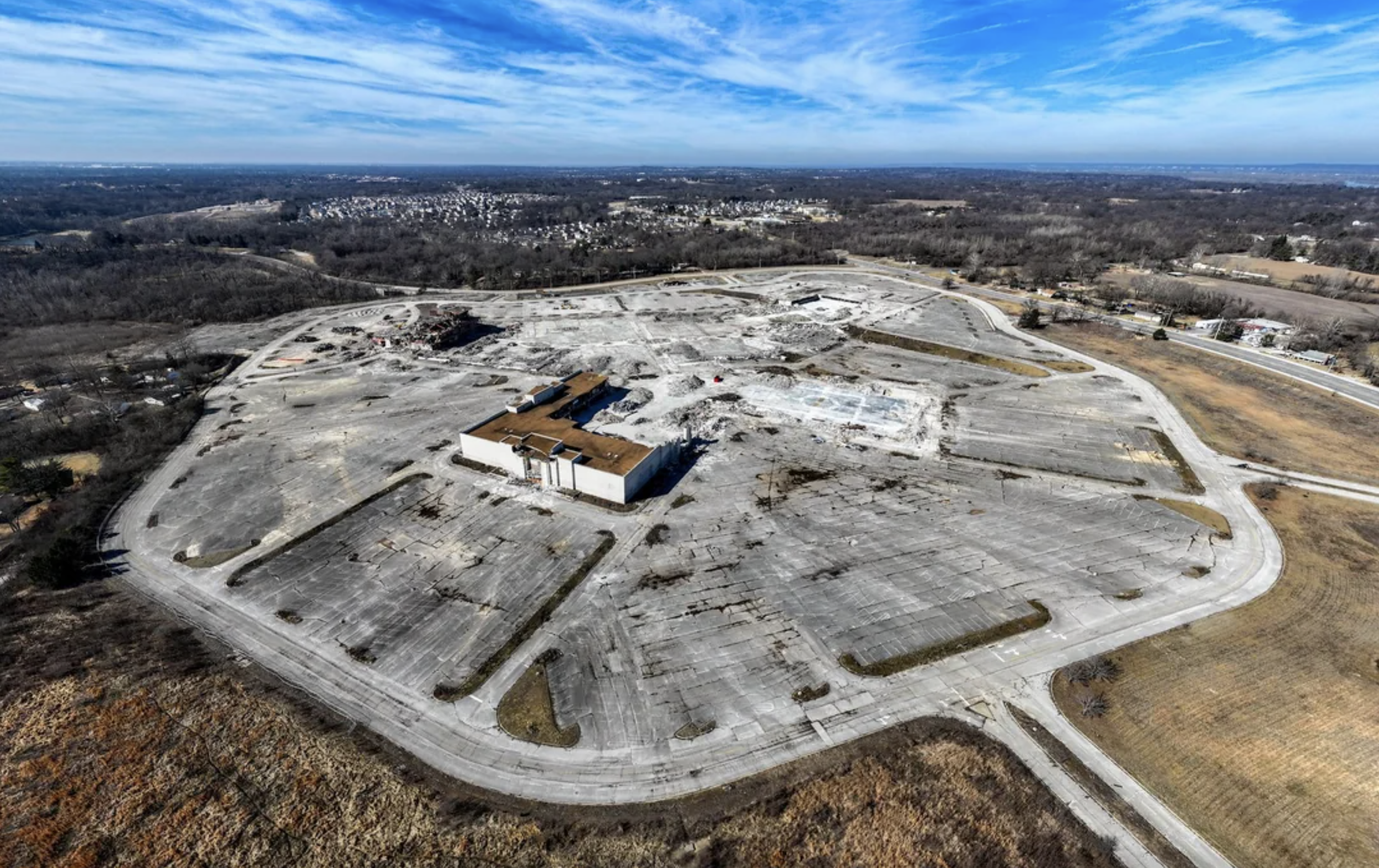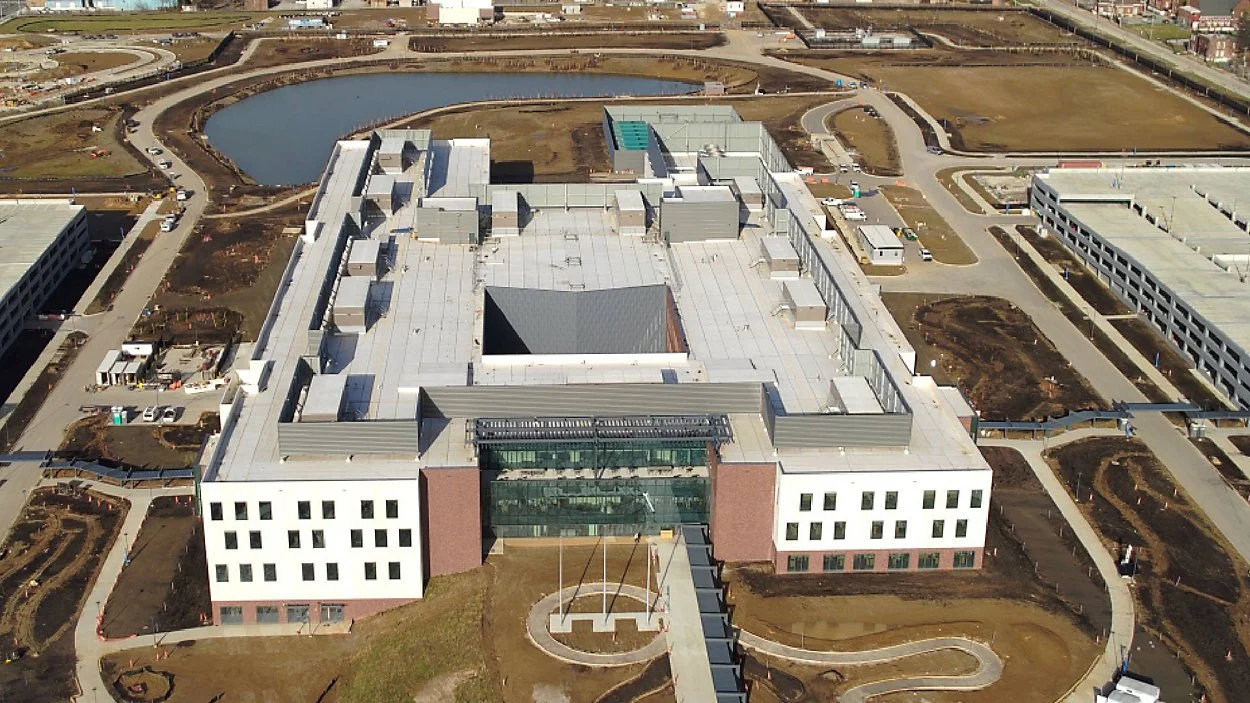PHOTO CREDIT: MWM STL
Concerns arise as medical marijuana cards reach full throttle
Commercial real estate focuses on bounce-back
As pandemic restrictions are lifted throughout the St. Louis area, companies are focusing in on how to return to offices and learn from lessons of the past year and a half.
In a May 19 session hosted by the IFMA St. Louis Chapter, panelists Meghan Graves, human resources manager with PARIC Corporation, and Allison Dionne, lead workplace strategist, Spire, discussed how their businesses are preparing for the newest aspect of the COVID-19 experience. Dave Davis, business developer with Ideal Landscape Group, sponsored the session. Kevin Sullivan of PARIC served as moderator.
Panelists agreed that employees, clients and customers are eager to return to the office, but that doing so requires due diligence about local, state and national guidelines about safety, some of which goes back to how they responded pandemic when the pandemic began.
When it began
For some companies, the pandemic required balancing their own policies with those of some clients. They could send office staff home to work remotely, but still had to provide clients such as healthcare institutions with onsite services. Workarounds included setting up task forces, setting precedents for who would be needed at client locations, and establishing protocols for entering buildings and restricting travel.
Workarounds included setting up task forces, setting precedents for who would be needed at client locations, and establishing protocols for entering buildings and restricting travel.
As an essential business, PARIC had to make similar adjustments for its distributed workforce of office and field workers in several states. “There were a lot of working pieces,” said Graves. “We engaged with IT to make sure people could work from home. It was pretty seamless. We were guided by safety. We set up a COVID response team with representatives from all parts of the company to stay on top of challenging guidelines.” Sometimes it seemed as if those guidelines changed from minute to minute.
Spire also had a varied workforce to manage. “Once we sent everyone home, we still had two service centers up and running that we had to keep safe,” Dionne said. “We developed cross-function teams and safety procedures. Teams had to scramble to respond at all hours and over weekends. Now it’s second nature, although we’re seeing fewer calls.”
Maintaining morale and recruitment
For these companies, the impact on morale, recruitment and turnover was minimal, primarily because they quickly recognized what employees would need. Spire rolled out emergency leave for field workers who suddenly had school-age children at home. “We’re considering a hybrid approach (now) and are taking into consideration what other companies are doing,” Dionne said.
Reinforcing the value of work-life balance was one of the few positive takeaways of the pandemic for PARIC.
“We were already well-positioned for balance in our employees’ lives, and added unlimited personal time off,” Graves said. “A financial assistance fund for employees helped morale because they didn’t have to worry about how they would get work done and bills paid. The reality is that it’s hard to work remotely without collaborating and relating to colleagues in person, so we set up virtual coffee talks and happy hours. People now realize they have leverage and are considering different options — they’re choosing us because we have that flexibility, which will continue to be important in the future.
Companies also made a point of praising their workers who were based in medical facilities to support hospital systems and found that the best morale-booster was getting back to normal.
Vaccination policies
None of these companies are mandating that employees be vaccinated as they return to their offices, but all are strongly encouraging doing so. “We’re providing information about efficacy and our leadership’s commitment, which is what we usually do about health issues,” Graves said of PARIC. Plans are for an onsite clinic to make it as convenient for employees to get vaccinated, with the incentive that fully vaccinated employees can take off their masks and stop doing social distancing.
“That will be a big morale boost,” she said.
Spire is among companies providing paid company time as an incentive for employees to get vaccinated and also lets them earn points toward cash rewards at the end of the year. The mask mandate and social distancing restrictions have been lifted.
For companies whose client sites are in the healthcare sector, staff who don’t have exposure to patients may be able to go maskless. Others have begun incorporating new indoor air quality equipment in their facilities that will probably be a permanent change and plan to increase the workload handled by their plumbing systems.
Changes and impact
Like many area commercial entities, PARIC and Spire are taking the return to the office with care and caution.
“Nothing is finalized yet,” said Dionne. “We’re bringing everyone back slowly, with three days a week in the office and working from home the other two. We’ll continue evaluating that hybrid approach over the summer.”
“What will change forever is our approach to remote work and flexibility guidelines. We’re taking a hybrid approach as it makes sense for the type of work people are doing. Nothing is set in stone yet,” said Graves.
The lasting impact of the pandemic is expected to include somewhat reduced workforces overall, more flexibility and work-from-home options, enhanced technology to support new ways of working and communicating, and continued alertness to potential health effects on office and field work.






